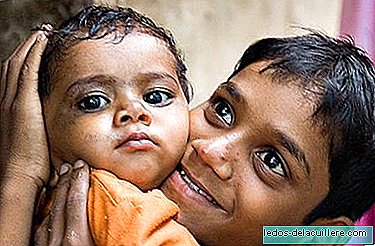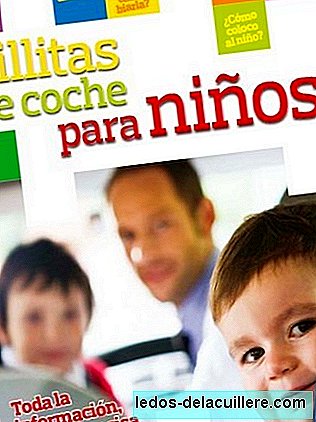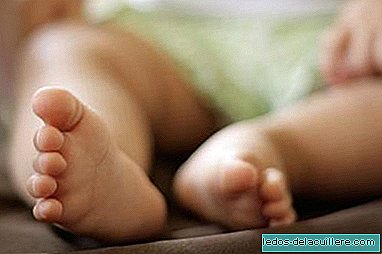
Last year we saw how Spain descended in its position regarding the welfare of mothers and children according to the State of the World's Mothers Report presented by Save The Children. This year, the report focuses on the situation of early childhood.
At The State of the World's Mothers 2009 analyzes the fundamental issues for children aged 0 to 5, both in developed and developing countries. Among the 10 factors analyzed are maternity and paternity leave, the availability and quality of care in early childhood or child poverty.
The report compares the 25 richest countries based on those 10 factors in early childhood care. Sweden It is the only country that meets the 10 indicators, Canada and Ireland only meet one, while Spain together with the United States, Mexico and Switzerland only meet three.
The factors in which Spain approves are:
• Accredited and funded early education services for at least 80% of children under 4, for a minimum of 15 hours per week. Spain is at the forefront of Europe in schooling for children between 3 and 5 years with rates close to 100%.
• Minimum level of training for all child care staff: at least 80% have specific training in child care.
• Minimum proportion of child care staff with a high level of education and training: at least 50% of staff in early education centers have a minimum of 3 years of higher education with qualifications recognized in early childhood studies or similar.
But, In what factors do we not reach the approved?
• Maternity leave in our country is only 16 weeks for mothers and 15 days for fathers (in Sweden, for example, it is 68 weeks with between 80 and 90% of the salary).
• We do not have subsidized services for at least 25% of children under 3 years of age, something that has long been demanded by a large part of society, largely because it is the only way out for mothers and fathers who cannot leave of working to take care of the little ones. In Spain, the proportion of children under three who attend an educational center in Spain is 4% for those under one year of age, 16% for those of one year and 30% for those of two years.
• The relative child poverty rate is one of the highest in developed countries, 24%.
• The ease of access to health services for the most disadvantaged population is not approved.
• The infant mortality rate is higher than 4 per thousand births (in Spain it is 4.1).
• An excessive proportion of babies born underweight less than 6% (in Spain it is 7.1%).
• Nor is a maximum of 15 children reached for each qualified person in charge of preschool education.
• There is no investment of at least 1% of GDP in early childhood care services.
• There is no national plan for early childhood services in Spain, with specific measures that prioritize care for disadvantaged children.
As for the mothers welfare, we recovered a position compared to last year and we are in 11, far from the last of the list, underdeveloped African countries. In Niger, one in seven women dies during pregnancy or childbirth and one in six children dies before the age of five.
Other shocking data that emerge from this report are that about 75 million children do not go to school and that 40% of children under five do not reach their cognitive development potential because of poverty, poor health and poor nutrition and care.
Official Site | Save the Children In Babies and more | The State of the World's Children 2009: mortality of mothers and children, State of the World's Mothers 2008: Spain descends to position 12, State of the World's Mothers 2007, Spain remains












